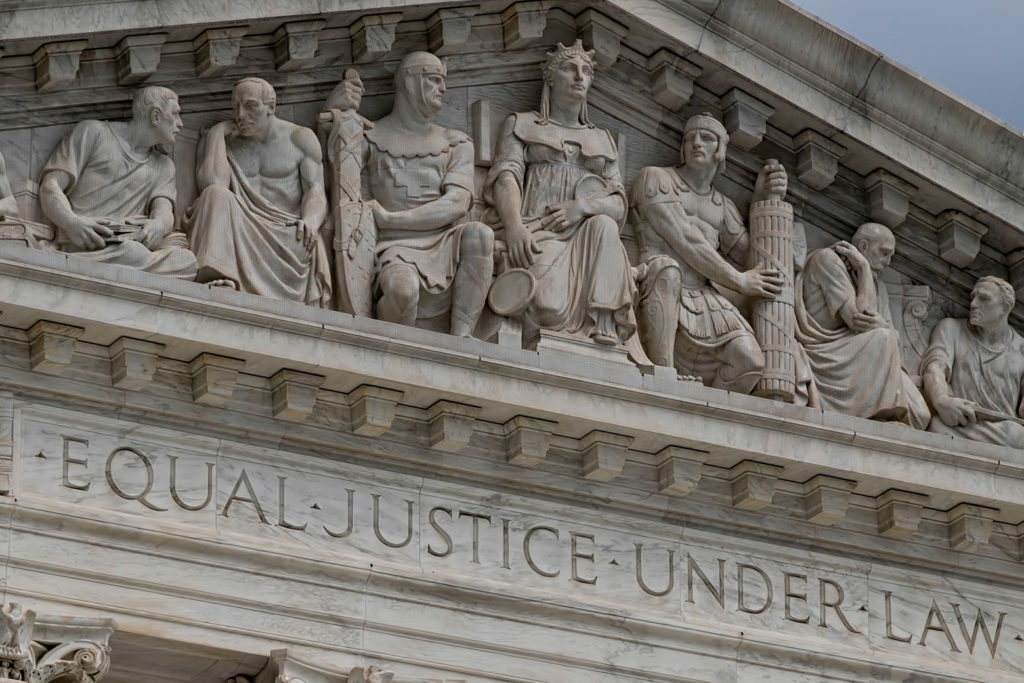
First-of-its-kind program
Our criminal justice master’s program is the first graduate program of its kind in the country focused on the shifting direction from corrections toward community corrections.
Course Requirements
Credits and Completion
This 36-credit master’s degree includes courses in institutional corrections and offender rehabilitation, offender reentry and reintegration, community corrections, restorative justice, abnormal psychology, substance abuse vulnerabilities, dynamics, and problems, forensic mental health, and more. Students design a culminating project with a faculty member or complete an externship in consultation with their academic advisor.

Easily Apply
We offer rolling admission, so apply anytime, and you can start when you are ready — fall or spring semesters.
Applicants should have completed a bachelor’s degree. (It is preferred, though not required, that the degree be in criminal justice or a related area like sociology, psychology, or social work).
Application Requirements
- Official transcripts from all post-secondary institutions attended
- Two letters of recommendation
- A one- to two-page essay on reasons for applying to the program
- A current resume
- An RSC graduate school application


Your Future Career with a Master’s Degree in Criminal Justice & Community Corrections
Whether you’re beginning your career, pursuing advancement or changing fields, a Master of Science in Criminal Justice and Community Corrections will increase your marketability.
You will be uniquely qualified for employment opportunities within government, for-profit and not-for-profit and human service organizations that provide community-based alternatives to incarceration.
Community-based alternatives include community supervision (parole and probation), reentry and reintegration services, pre-trial options, specialized courts, mental health and drug/alcohol-related services, and other alternatives to incarceration within the community.
Our Criminal Justice & Community Corrections faculty are both experienced professors and practitioners in the field, so they’ll share their up-to-date experience and knowledge with you.







